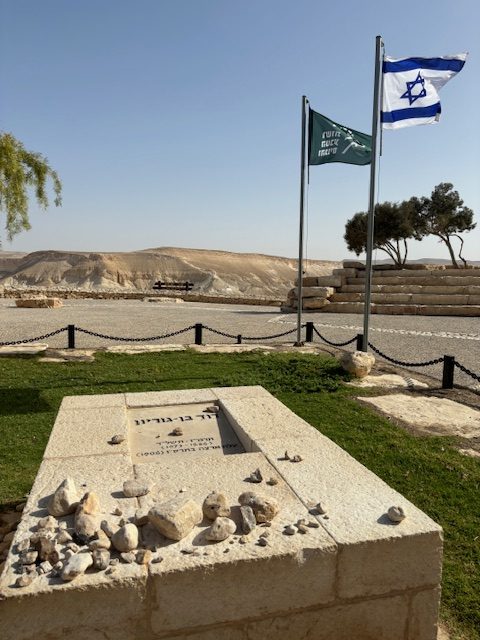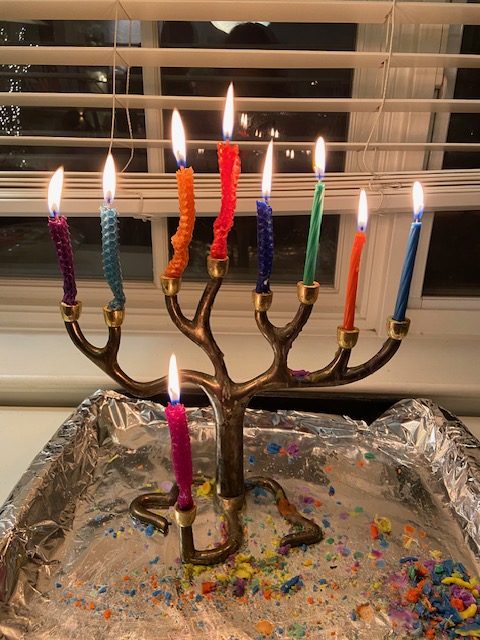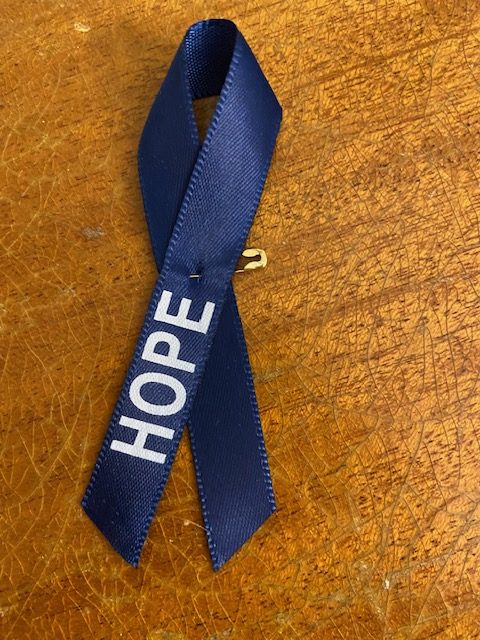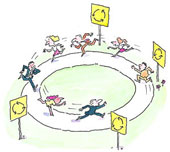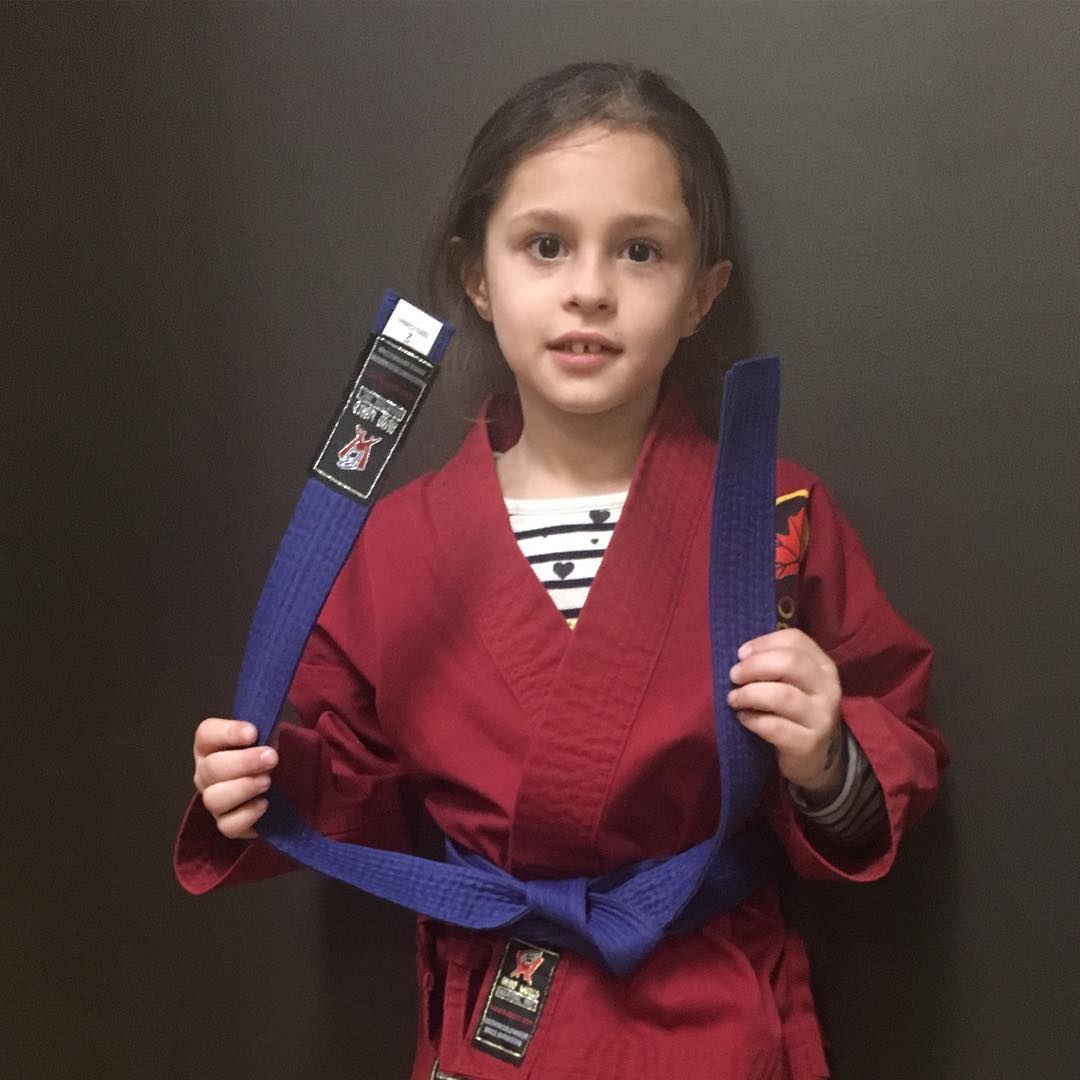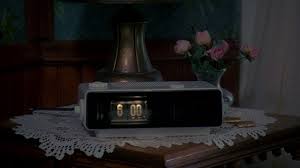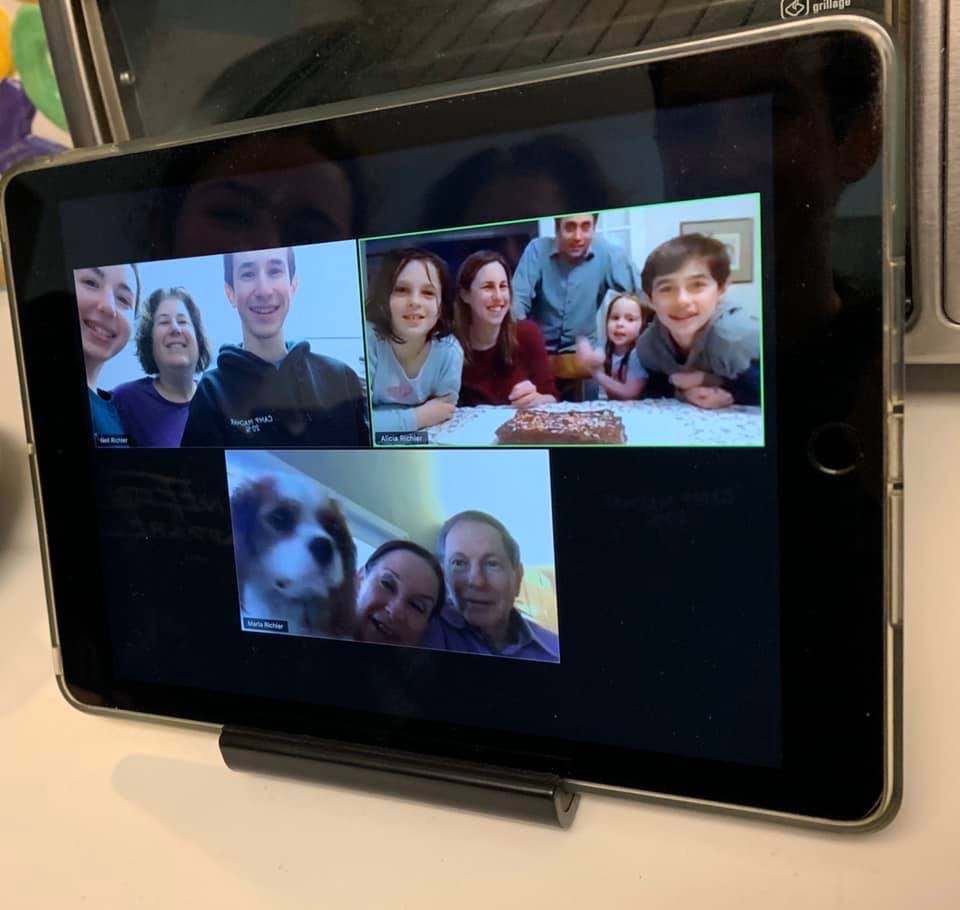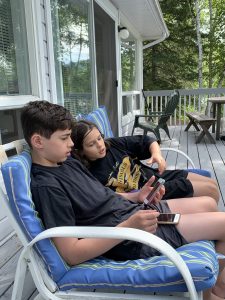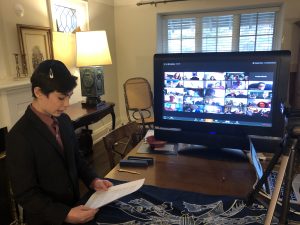“Make sure the entire world knows how brutally my children were slaughtered.”
These are the words of Yarden Bibas, the father of Ariel and Kfir and husband of Shiri – may their memory be a blessing. Never mind that Yarden had to endure almost 500 days in captivity, held by terrorists and fearing for his own life every moment, this week he must bury his children and his wife.
I have started to write this post, then stop, then start again, then think about it, for almost one week. I knew I needed to do something. I needed to listen to Yarden Bibas, it’s the least I can do for him. He asked everyone – share his family’s story, through photos, words, videos, anything, so that the world knows what happened to his beautiful family – that they were murdered.
I reread the blog I wrote on November 5th, 2023, after I learned the story of a mother who watched her 18-year-old daughter, Maayan, die in front of her eyes. Her daughter was shot and killed by terrorists, in their home, on October 7th 2023. Her husband, Tsachi, was taken captive by Hamas terrorists, and it is believed, as of the writing of this post, that he is not alive. This family, like many others, is waiting for him to return from Gaza, in a coffin.
I will repeat now what I felt then and what I have always felt: it doesn’t matter what your politics are, your religion, or nationality, race, or ethnicity – intentionally murdering someone, especially a child – is revolting. It’s inhumane and repulsive and repugnant. Forensic reports from the Bibas children’s murders showed evidence of indescribable abuse, of killing these little children with a terrorist’s bare hands.
These children saw, with their own little eyes, their murderers. They first endured weeks of torture, before they were killed.

It is rare for me to use this space to share something like this, that is so disturbing. Your first thought may be to turn away and not read. You may disagree with me that what I am writing about is controversial, or is inappropriate. As you read this, you may ask yourself if you really know me at all, as a person, as a writer or as a professional.
I ask you to please keep reading. I strongly believe that it is through education, reading, and conversations that we can be better people, who respect our differences and celebrate our similarities.
I want to share a little bit about the Bibas family, who lived in a small, simple, one-story house in Kibbutz Nir Oz, near the border with Gaza. Shiri was a teacher and Yarden a welder, and they chose to marry and raise their family in this tight-knit special community, where Shiri grew up. Their elder son, Ariel, with his flaming red hair, was a typical active, bubbly four-year-old, who loved Batman. Their younger son, Kfir, was a laid back, smiley and wonderful baby, and he also had his mother’s beautiful red hair.

Look at this family. Look at their faces and their smiles. Every one of us can see ourselves in them – if you are a parent, an aunt or uncle, cousin, sibling or friend. Maybe it’s the red hair? Or you see brothers, or a young family? Their connection to a small community?
We need to connect with the Bibas family, and see the humanity – or lack of – in what happened to them. It does not mean we dismiss the stories of many other children who have been murdered or injured (physically or emotionally) in the last 16 plus months, but today, I’m asking you to think of, and like me, do something, to remember Ariel and Kfir.
I’m shaking as I write today. I have been listening to podcasts and reading various snippets of news or social media posts about the Bibas family. The images of their smiling faces are seared into my brain. The images were from another time, when maybe they thought they were safe. Or maybe Yarden and Shiri knew that maybe they weren’t safe, but still every day, like every parent, they brought joy and warmth to their home. They, like every parent, hoped to raise their children to be everything they wanted to be and live a successful life.
But that will not happen. Instead, Ariel and Kfir, along with their mother, Shiri, will be buried this week. So now, I’m asking you, please, do something. Share my post. Read or listen to a story about the Bibas family. Or just pause and think about them for a moment. Do something.





